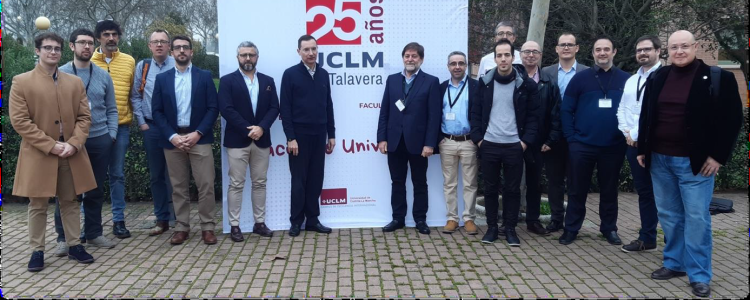On February 12, 2020 during the International Workshop on the QuANtum SoftWare Engineering & pRogramming (QANSWER 2020) held in Talavera de la Reina, the Talavera Manifesto for Quantum Software Engineering and Programming was signed.
The Talavera Manifesto has been endorsed in these three years by more than +200 researchers from 22 countries of the world.
In addition, its guidelines have been used in the construction of tools such as QuantumPath®, which fulfils several of these important principles, and it is one of the most relevant among quantum software development platforms.
At aQuantum, in response to the call for action of the Talavera Manifesto, we have researched and made proposals for several of its principles:
- QSE is agnostic regarding quantum programming languages and technologies. For which it is necessary to be able to describe the quantum solutions with an adequate GUI, also for quantum annealing solutions. This is also reflected in technologies such as QuantumPath® Agnostic QAOA. And has allowed us to mitigate the impact of changes in quantum computer vendors.
- QSE embraces the coexistence of classical and quantum computing. To truly achieve industry-ready hybrid systems, technologies such as qSOA® are essential, facilitating the dynamic integration of quantum software with classical IT.
- QSE supports the management of quantum software development projects, we propose to use agile methodologies, and UML for the design of classical-quantum systems , and more specifically how to model quantum circuits with UML.
- QSE considers the evolution of quantum software. In this area we have researched how current and future information systems will need to be modernized, proposing Reverse Engineering of Hamiltonian Expressions from D-Wave programs, a UML Model transformation for quantum software modernization, and showing how software modernization can embrace quantum technology.
- QSE aims at delivering quantum programs with desirable zero defects. To this end, we have studied the problems posed by quantum software testing, and analyzed the quantum software testing state of the art.
- QSE assures the quality of quantum software, for which we have proposed a series of metrics for quantum circuits.
- QSE covers the governance and management of software. We have analyzed the possibility of adapting COBIT for quantum computing governance, and implemented features that allow for quantum technology risk reduction.
Many of these proposals and software solutions are described in more detail in the books Quantum Software Engineering and Ingeniería del Software Cuántico & QuantumPath® (Spanish book on Quantum Software Engineering & QuantumPath®, which will soon also be published in English), and have also demonstrated in professional practice over the years the advantages that tools such as QuantumPath® bring with them. We continue to insist on the need for a true quantum software engineering, which will allow us facing the challenges of quantum software development, and achieve a new software engineering golden age.
Not only this, but we are pleased to see how other proposals have appeared over the years that complement and enrich this vision, for example, the SEI Agenda for Software Engineering Research & Development. In fact, we propose to add a new principle to the Talavera Manifesto:
- QSE supports software sustainability
To align it with the #QEI Manifesto, as we believe it is fundamental to work towards the sustainability of quantum software.
aQuantum once again confirms its commitment to the principles of the Talavera Manifesto for Quantum Software Engineering and Programming and will continue to advance both in terms of research and the development of real-world solutions to realize its benefits; and pushing QuantumPath® as an accelerator for the adoption of quantum software and quantum software developers´ preparation.


Recent Comments